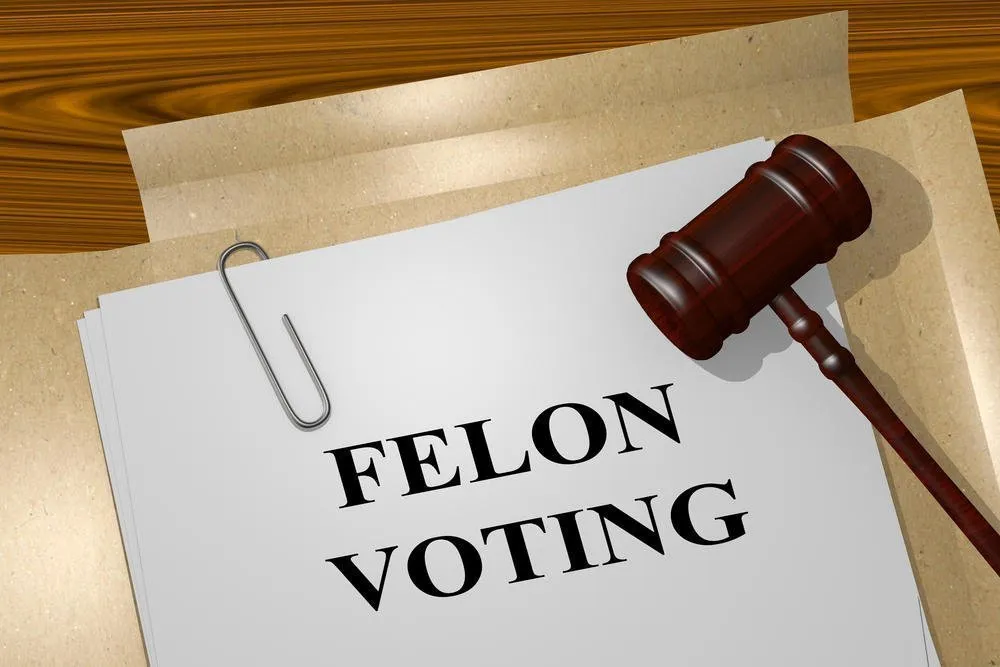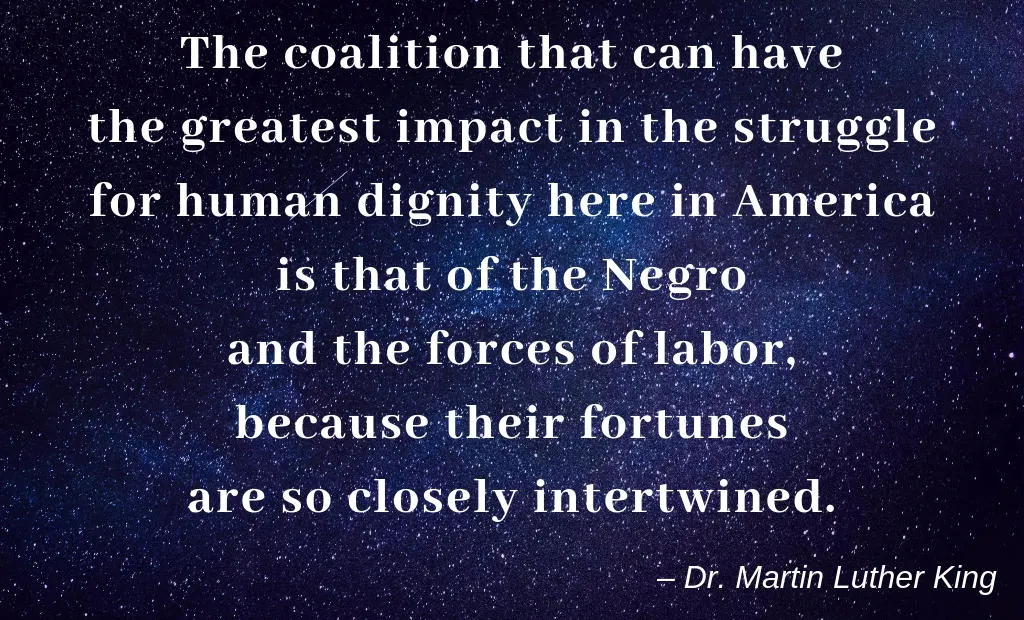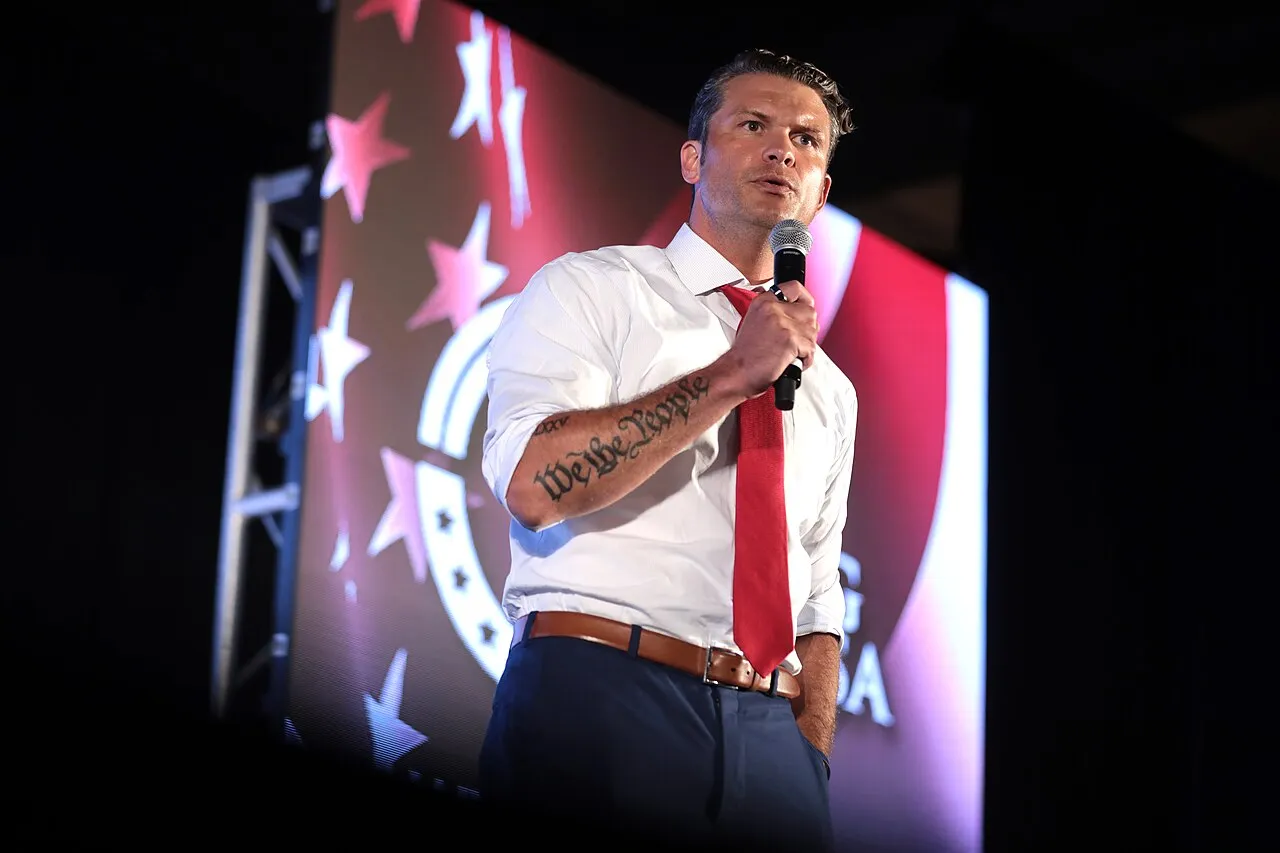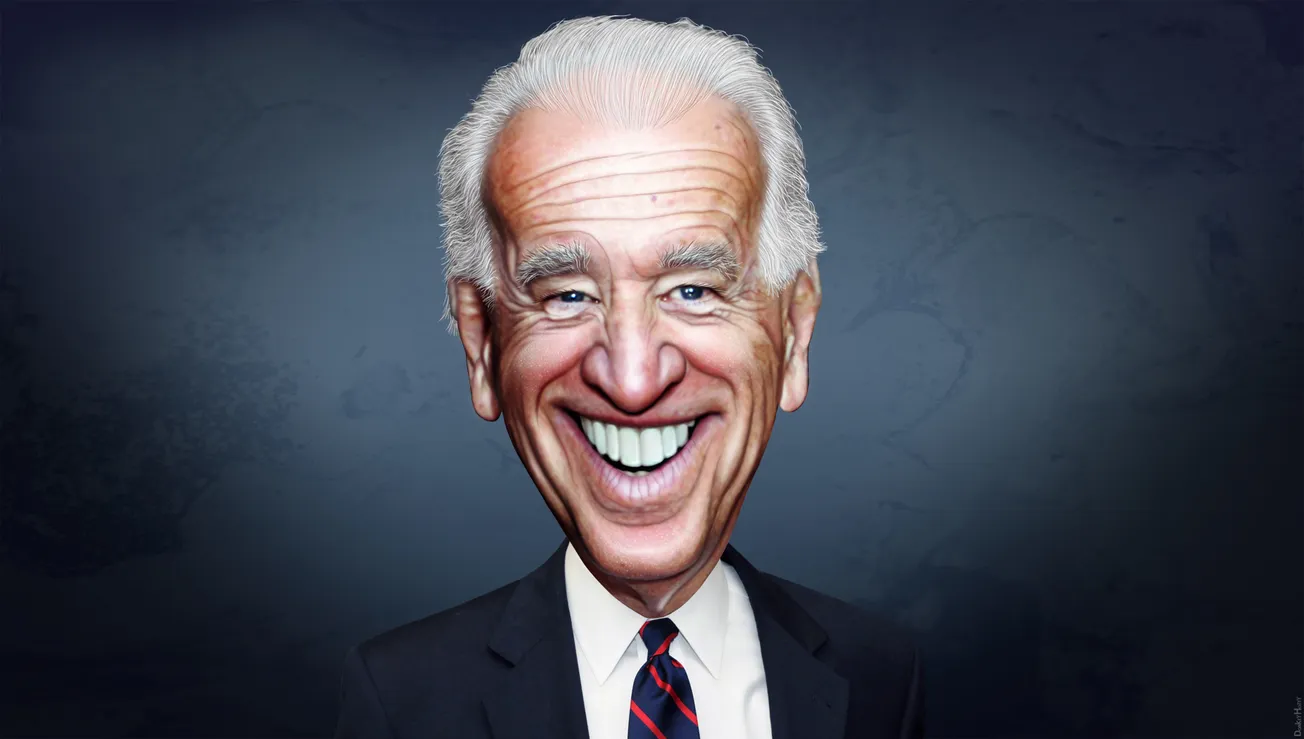Table of Contents
The Kentucky League of Women Voters held a press conference in Frankfort this morning, and their message was clear: it’s long past time for felons who have served their time to have their voting rights restored.
At the presser, the League released a new report on the issue, highlighting that even after Governor Beshear restored some voting rights by executive order in 2019, there are still over 161,000 Kentuckians who are currently unable to vote due to a felony conviction. And, Kentucky remains one of only three states in the country that permanently bars people with a felony conviction from voting, even though a strong majority support restoring such rights following completion of sentencing.
Here’s the problem, though: That removal of voting rights of convicted felons is in our state constitution. To change the law to automatically restore voting rights after time served means amending the state constitution. And that begins with the Kentucky legislature.
Advocates have been working for years on felon voting rights. Bills have been filed and pushes made. This year, though, a bill to accomplish this has been filed by a Republican, Brandon Storm of London. The bill, SB 164, was just filed last Friday (2/17), and proposes to place a constitutional amendment on the ballot to “automatically restore the voting rights of persons convicted of certain felonies upon completion of their imprisonment, probation, or parole, and automatically restore their civil rights three years after completion of their imprisonment, probation, or parole.” The bill has not been assigned to a committee yet, but the League is hopeful it will get a hearing this session.
One of the most powerful moments in the press conference was when two former felons spoke about their experiences. Both had been in prison, both had lost their voting rights as a result, and both had worked to turn their lives around and become productive members of society. Getting their voting rights restored was part of that journey. “It makes me feel whole, it makes me feel seen,” said one of the speakers. Their stories were powerful, and lent weight to the issue.
Interview with Cindy Heine
After the press conference, I spoke with Cindy Heine, the legislative liaison for the Kentucky chapter of the League to gain more insight into the bill’s chances. Here is that interview.
FK: The big push today was for the voting rights for felons. I feel like we’ve been covering this story for years now. What makes you think that this year will be any different?
CH: We are optimistic because a bill has come out of the Senate with a Republican sponsor. We know that leadership tends to have an influence on what does and does not get filed; if this bill gets a hearing we will be even more optimistic. We also know that there was a poll conducted after the spring primary among Republican voters only, and they were supportive of giving people a second chance. So I believe that legislators are beginning to see that restoring voting rights has benefits for the community as well as for the individuals who get their rights back.
FK: Brandon Storm is the senator that sponsored Senate bill number 164. Why in the world did he agree to sponsor this bill? What’s his backstory?
CH: You’d have to ask him, but I believe he believes that this is an important justice issue.
FK: You’ve been up here lobbying for this bill. I assume you’ve talked to various leaders. What is the level of support?
CH: I haven’t been here as much this year as I used to be, but the voting rights coalition is a large group of folks who have been here, who have been talking to legislators. I’ve spoken to some, but there are a lot of us working on this issue, so it’s not just the League working on these issues.
FK: Are you hearing anything different in the hallways or in the offices?
CH: As I’ve talked to people, they are supportive of giving the citizens a second chance, but they also want to be sure they complete their sentencing, their parole and probation, so there’s that. Some people want carve-outs; they would like certain crimes to be eliminated from the change. But I think that legislators are beginning to hear from folks like we heard from today, who have been directly impacted, about how important it is to them, and that it’s just a justice issue. It’s just the right thing to do, and that is giving people a second chance.
FK: So I’m going to put you on the spot. What percentage chance do you think the bill has to be heard, and what percentage chance do you think it has to come to the floor for a vote in the senate?
CH: Zero. And the reason I say that is because we have heard over and over again from leadership that they are not going to pass any amendments to the constitution in this session.
FK: So then, what do you think might be the chances next year?
CH: I would hope it would be over 50%. You know how bills go up here; they get filed and filed, and then they begin to move.
--30--








